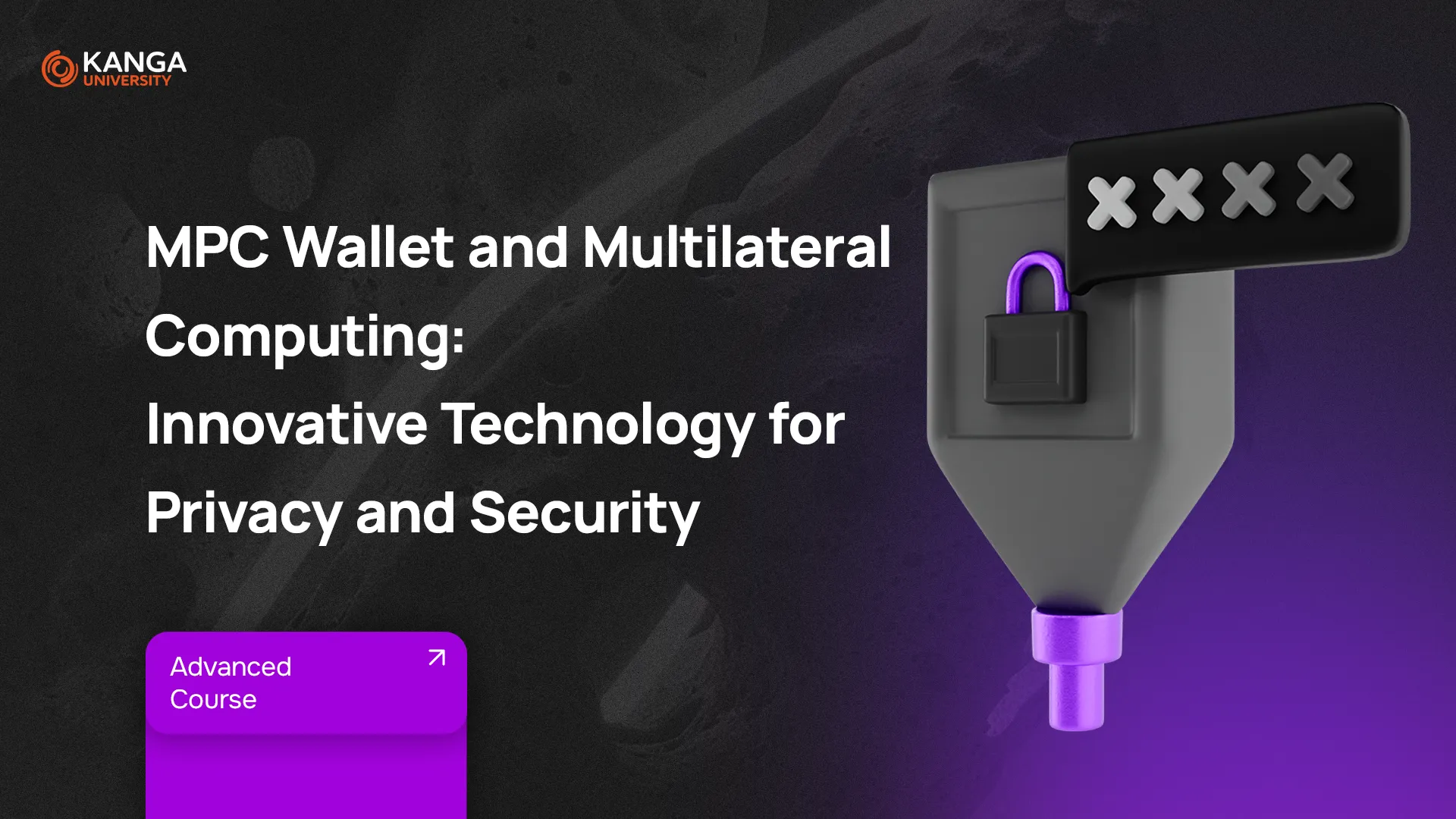
In a digital world where even a single line of data can be worth a fortune, protecting sensitive information is more important than ever. One of the most promising technologies reshaping how we secure crypto assets is the MPC wallet, which uses Multi-Party Computation (MPC). Though the theory behind MPC dates back to the 1980s, it has only recently entered the spotlight in the crypto space – and it’s quickly becoming a new industry standard.
What Is an MPC Wallet?
An MPC wallet is a type of crypto wallet that doesn’t store your private key in one place. Instead, it splits the key into several encrypted pieces and distributes them across different devices or parties. Each participant holds only their part of the key and never sees the full private key.
When a transaction needs to be signed, these parts work together in real-time to generate a valid signature, but no single entity ever sees or holds the full key. This collaboration ensures a much higher level of security and privacy, without sacrificing convenience.
Why Is MPC So Important?
In traditional wallets, your digital assets are only as safe as your private key. Lose the key, and you lose access to your funds. Expose it, and someone else can drain your wallet. That’s why most people choose between:
-
Hot wallets (connected to the internet but vulnerable to hacks)
-
Cold wallets (offline, but risk losing the device)
-
Hardware wallets (secure but require physical access)
MPC changes this equation. It allows you to securely access and transfer funds without storing your full private key anywhere – making it much harder for hackers to steal your assets or for mistakes to wipe out your savings.
Real-World Applications of MPC
While MPC is gaining popularity in crypto, its potential goes far beyond digital wallets. Here are some sectors where it’s already making an impact:
Finance
Banks and fintechs use MPC to analyze sensitive customer data without revealing it – especially in investment risk assessments or credit scoring.
Healthcare
Hospitals and research centers use MPC to work with patient records and medical histories without compromising privacy.
Cybersecurity
MPC helps detect threats in networks without sharing raw infrastructure data – a huge win for organizations protecting proprietary systems.
How Does MPC Work in Practice?
Imagine that your private key is like a puzzle. Instead of keeping the whole puzzle in one drawer, MPC splits the pieces and stores them in different places. When you need to use the key, the pieces come together just for a moment – just long enough to approve a transaction – and then disappear again.
This means there’s no single point of failure. If one piece is compromised, the attacker still can’t access your assets. A successful hack would require breaching multiple systems simultaneously – a nearly impossible feat.
MPC Algorithms: Not All Are Created Equal
There are several different algorithms used in MPC systems. The most common ones include:
-
Gennaro-Goldfeder – Widely used for their security and reliability, though less flexible
-
Lindell et al. – Simpler, but not as performant, hence less adopted
-
Doerner et al. – Also limited by speed and not suitable for high-throughput use cases
Most major institutions use the Gennaro-Goldfeder model today, especially in environments where security is more important than speed.
Why MPC Wallets Are the Future
MPC wallets solve a lot of real problems in crypto:
-
You don’t have to remember or back up a physical device
-
You reduce the risk of theft or accidental loss
-
You can easily share access (e.g. among a company’s finance team) without compromising security
-
Transactions can be signed securely from different geographic locations
For individual users, this means peace of mind. For businesses and institutions, it means scalable, enterprise-grade security without operational bottlenecks.
Summary
MPC wallets and Multi-Party Computation technology are revolutionizing how we think about digital security. By removing the need to store private keys in a single place, MPC offers a smarter, safer way to manage crypto assets. Although it has been around in academic circles for decades, it’s only now – in the age of blockchain and Web3 – that its full potential is being realized.
If you’re serious about protecting your digital wealth, MPC wallets might soon become your go-to solution.